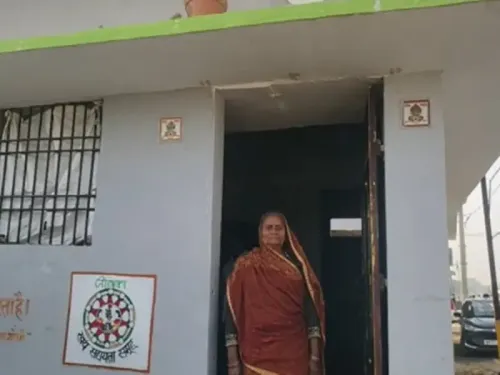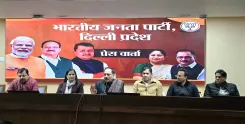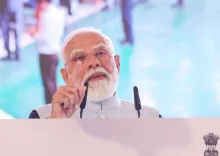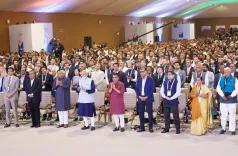How Are the Latest Cabinet Decisions Ensuring Global Competitiveness?
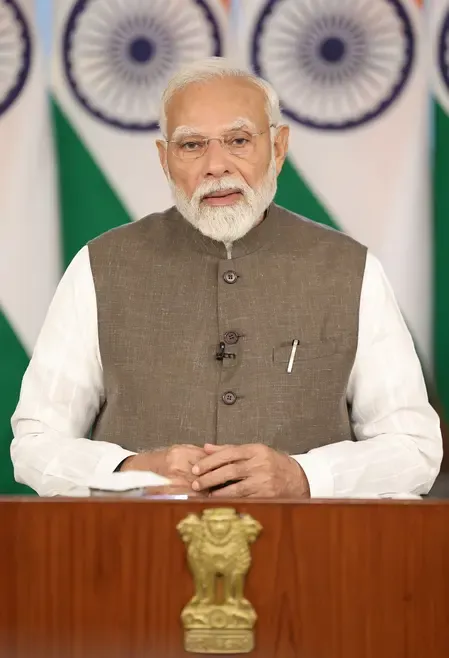
Synopsis
Key Takeaways
- Export Promotion Mission (EPM) to enhance India's export ecosystem.
- 100% credit guarantee for eligible exporters under the Credit Guarantee Scheme.
- Rationalization of royalty rates for essential minerals.
- Focus on sustainability and self-reliance.
- Creation of new job opportunities.
New Delhi, Nov 13 (NationPress) Prime Minister Narendra Modi announced on Thursday that the recent decisions made by the Union Cabinet are set to enhance global competitiveness for Indian exporters while fostering sustainability and self-reliance among domestic firms, particularly MSMEs.
The Union Cabinet, headed by PM Modi, approved the Export Promotion Mission (EPM) on Wednesday, allocating Rs 25,060 crore to fortify India’s export framework. This flagship initiative was unveiled in the Union Budget for 2025-26, emphasizing the enhancement of India's export competitiveness, especially for MSMEs, first-time exporters, and sectors that are labour-intensive.
“Making ‘Made in India’ resonate even stronger in the international market! The Union Cabinet has sanctioned the Export Promotion Mission (EPM), which aims to enhance export competitiveness, support MSMEs, first-time exporters, and labour-intensive sectors. It unites essential stakeholders to create an outcome-oriented and effective mechanism,” PM Modi mentioned in a post on the X social media platform.
Additionally, the Cabinet approved the launch of the Credit Guarantee Scheme for Exporters, which offers 100% credit guarantee coverage to member lending institutions, facilitating additional credit facilities amounting to Rs 20,000 crore to eligible exporters, including MSMEs.
“The Credit Guarantee Scheme for Exporters, sanctioned by the Cabinet, will elevate global competitiveness, ensure seamless business operations, and aid in achieving our vision of an Aatmanirbhar Bharat,” stated the Prime Minister.
Moreover, the Union Cabinet made significant progress by rationalizing royalty rates for four essential minerals—graphite, caesium, rubidium, and zirconium. The revised royalty rates stipulate that caesium and rubidium will incur a 2% royalty based on the average sale price (ASP) of the corresponding metal found in the ore produced.
PM Modi emphasized that this Cabinet decision “will promote sustainability and self-reliance, strengthen supply chains, and generate job opportunities as well.”
Increasing domestic production of these minerals is expected to diminish imports, reduce supply chain vulnerabilities, and create employment opportunities within the nation.




